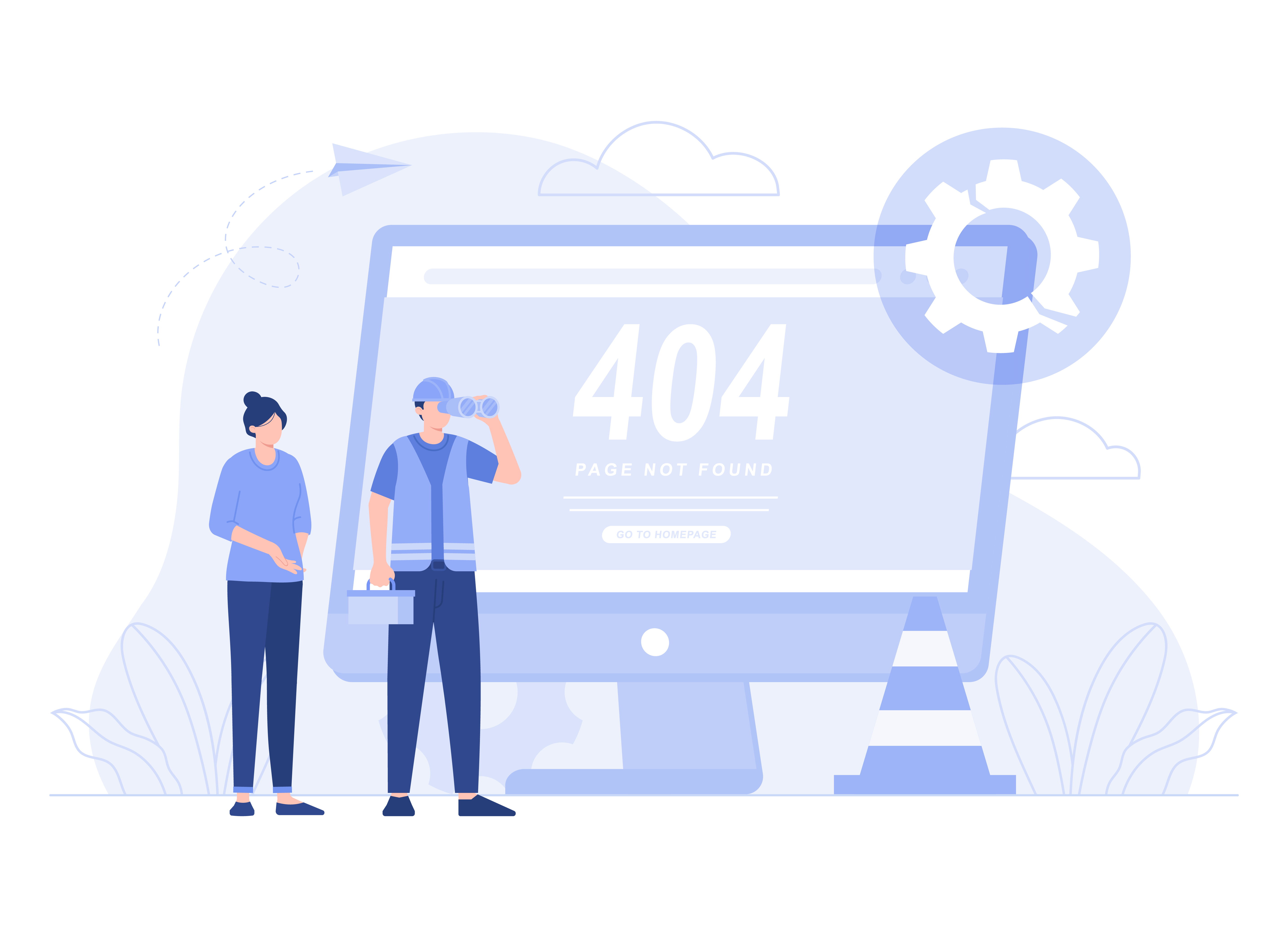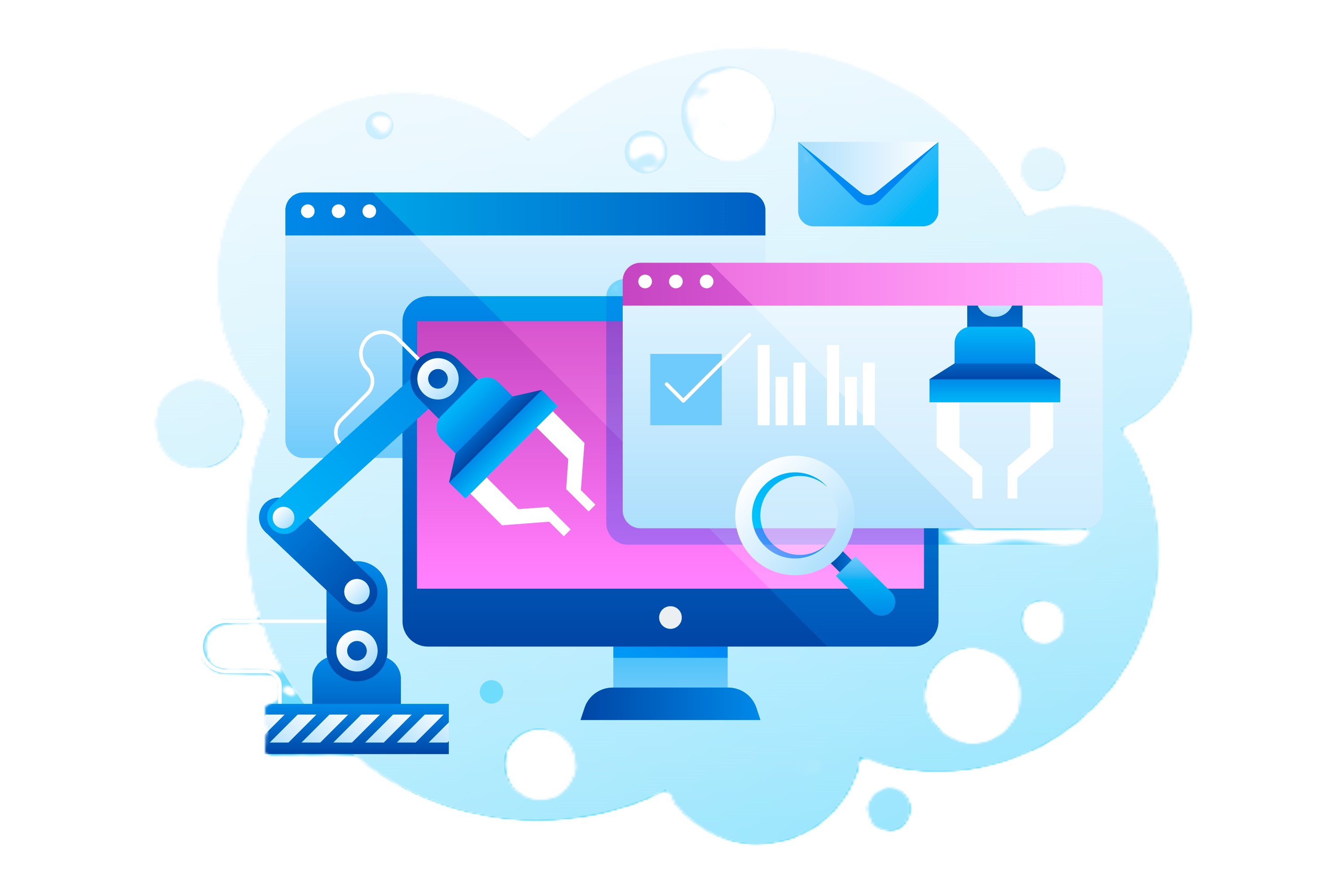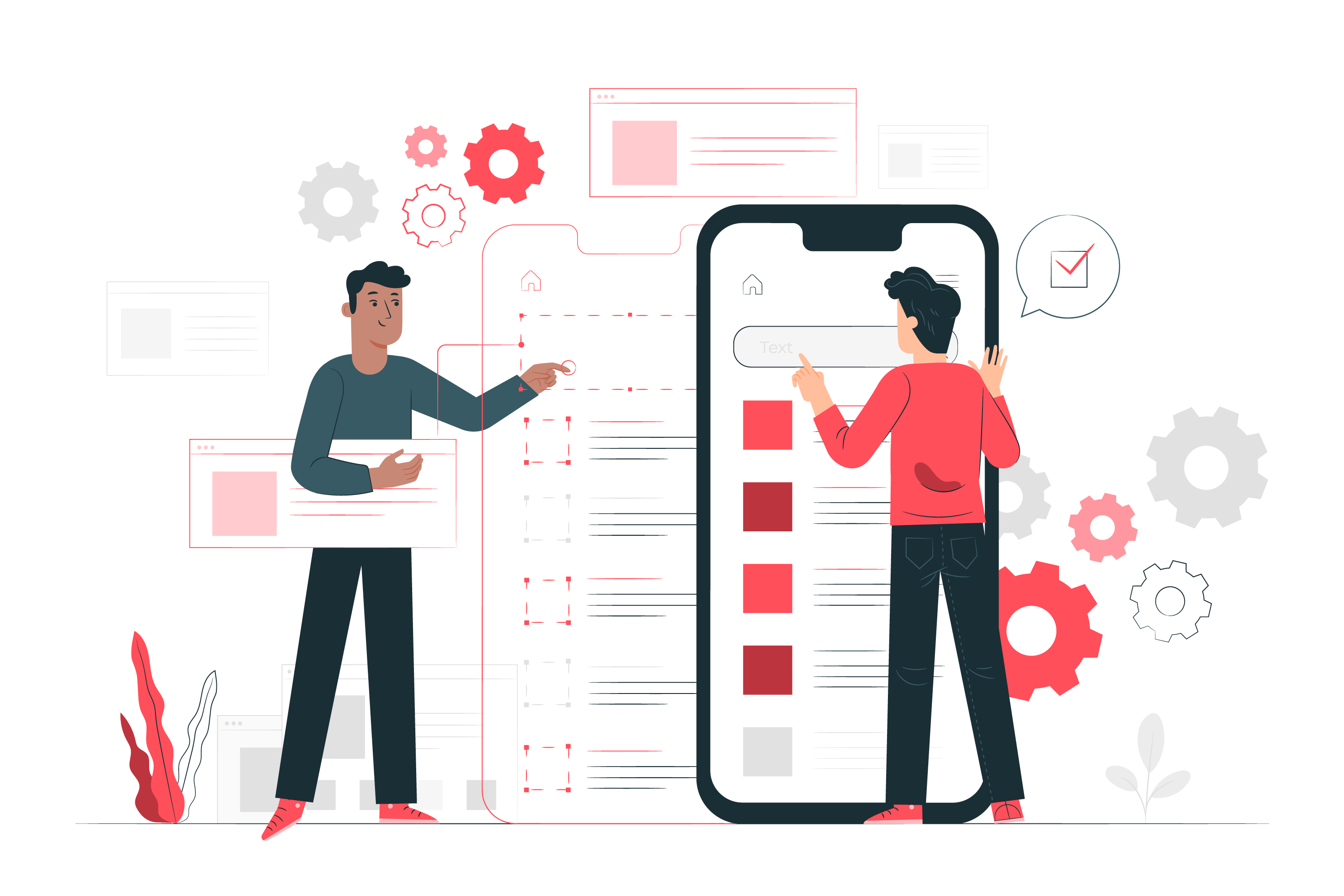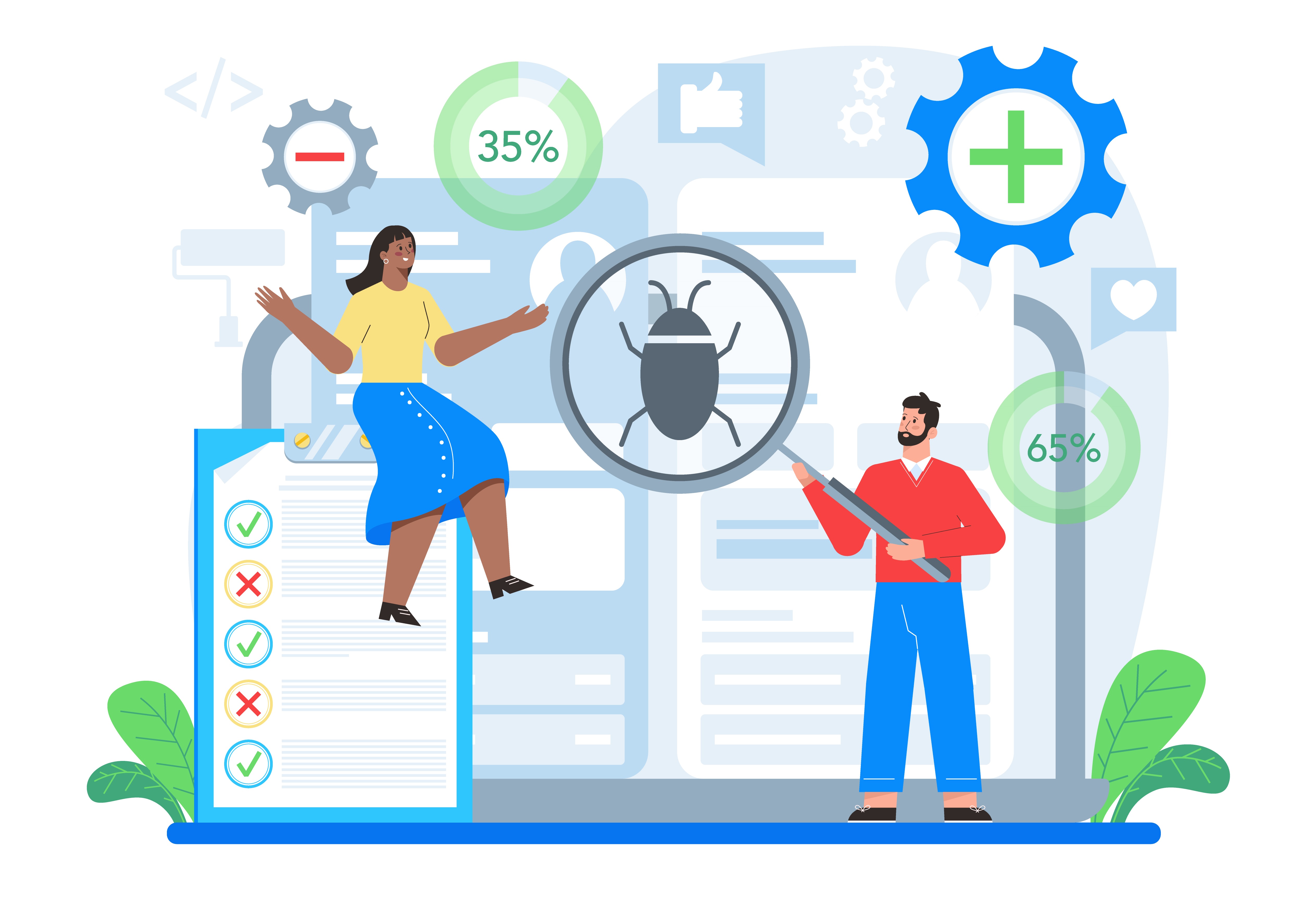
Quality Assurance
At AppNetWise, excellence is our standard. Our dedicated Quality Assurance team meticulously ensures top-notch software quality through rigorous test planning, precise execution, and an unwavering commitment to uncovering defects. From functional and regression testing to performance and security assessments, we leave no stone unturned. Trust us to deliver software that meets the highest standards of quality and reliability.
Our team leverages the latest tools and technologies to provide comprehensive testing solutions that guarantee your software is robust and ready for market. By combining automated and manual testing methods, we ensure thorough coverage and quick identification of issues. With AppNetWise, you can be confident that your software will perform flawlessly under all conditions.
Quality Assurance Implementation Roadmap
The Quality Assurance (QA) implementation involves analyzing requirements, creating a test plan, designing test cases, setting up the test environment, executing tests, and documenting and resolving defects. Regression testing ensures existing functionalities remain intact after defect resolution. A release readiness assessment precedes deployment, followed by ongoing monitoring and user feedback. Continuous improvement analyzes the QA process for enhancements, contributing to the goal of delivering high-quality software.

Our Testing Services
Automated Testing
Involves the use of tools and scripts to execute test cases and compare actual outcomes with expected outcomes. It is efficient for repetitive and regression testing. Benefits include faster test execution, early bug detection, and the ability to run tests in various environments.
Learn MoreManual Testing
A process where testers manually execute test cases without using any automation tools, manual testing involves simulating end-user scenarios to identify bugs and ensure the software meets user expectations. It is valuable for exploratory testing, usability testing, and scenarios that are challenging to automate.
Web Testing
Checks web applications for functionality, usability, performance, and security across various browsers and devices. It ensures that the application works as intended, with types of testing including functional, compatibility, performance, and security testing, specific to web applications.
API Testing
Assesses the functionality, reliability, performance, and security of application programming interfaces (APIs). It ensures that APIs communicate effectively and perform as expected, often using tools like Postman, SoapUI, and Insomnia.
Security Testing
Evaluates a system to identify vulnerabilities and ensure it is resistant to unauthorized access, attacks, and data breaches. It includes penetration testing, vulnerability assessment, and analyzing the system's ability to handle security threats.
Test Data Generation
Involves creating data sets used for testing applications. It ensures that the software functions correctly under various conditions and scenarios. Proper test data helps identify bugs related to data handling, security, and performance.
Quality Assurance: Best Practices & Insights
Discover how our team ensures software reliability and performance through proven QA strategies, modern tools, and continuous improvement. Explore insights, practical tips, and case studies on quality assurance in our blog.






